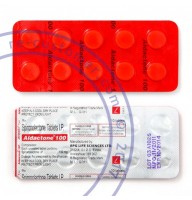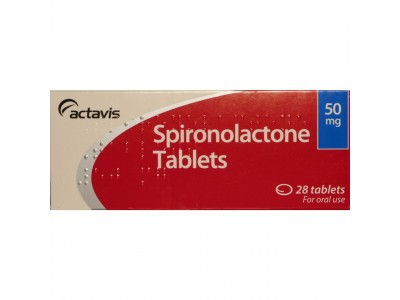If you're still experiencing acne while on Spironolactone, there could be several factors at play. Spironolactone, which works by blocking androgens that contribute to acne, is effective for many, but it's not a one-size-fits-all solution.
Firstly, it’s important to remember that Spironolactone often requires several weeks to months to show significant improvement in acne. If you've recently started the medication, it might just need more time to work effectively. It’s also possible that the dose you're on may not be sufficient. Many patients start with a lower dose and might need an adjustment based on their response to the medication. A healthcare provider might recommend increasing the dose if the initial dose isn't effective.
Hormonal fluctuations can also affect how well Spironolactone works. If your acne is linked to hormonal imbalances, such as those associated with polycystic ovary syndrome (PCOS) or other endocrine disorders, it might take time to stabilize these imbalances. Additionally, your acne might be influenced by other factors like diet, stress, or skincare routines, which Spironolactone alone may not fully address.
In some cases, Spironolactone might not be the right treatment for your specific type of acne. If your acne is not primarily hormone-driven or if it involves other factors, such as bacterial infections or excessive skin oil production, additional treatments might be necessary. Combining Spironolactone with other acne treatments, such as topical retinoids, antibiotics, or oral contraceptives, can sometimes provide better results.
If you’re still experiencing acne despite being on Spironolactone, it’s crucial to discuss this with your healthcare provider. They can help evaluate whether the treatment plan needs adjustment or if additional therapies might be necessary to address your acne effectively.

